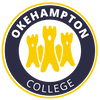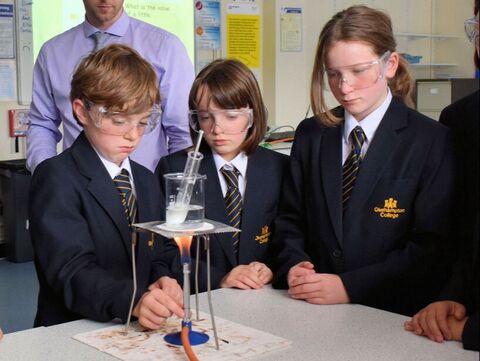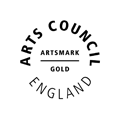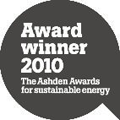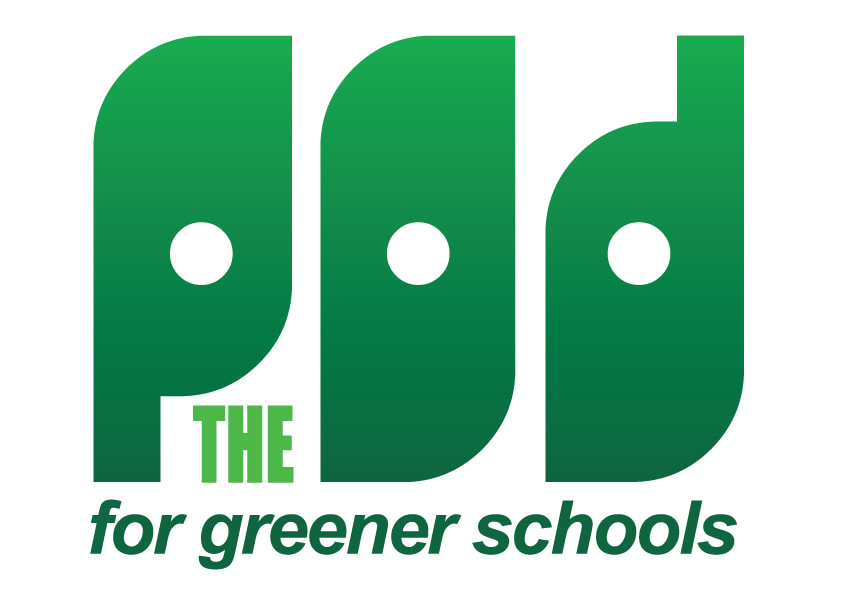Science
Science
“Science is a way of thinking much more than it is a body of knowledge” – Carl Sagan
Our Intent:
Science is one of the greatest collective endeavours of humanity. It significantly contributes to our understanding of the world, and offers answers to questions as well as solutions that benefit millions across the globe. We want all our students to be informed, curious and equipped to ask questions, leading to an understanding of themselves and the world around them. Through a carefully sequenced curriculum we enable students to build their scientific expertise through a breadth of topics. Our science curriculum is designed to introduce pupils to the fundamental core scientific concepts, providing a solid foundation of knowledge which is built upon. Our aim is to enable the mastery of key concepts and skills and topics are sequenced to allow us time to focus our attention on practical skills and experiences.
Science topics in Key Stage 3:
We follow the Activate scheme of learning, as well as adding in bespoke lessons which aim to stretch and challenge students. The sequence of lessons can be seen in more detail in our curriculum composites and components.
Science is one of the greatest collective endeavours of humanity. It significantly contributes to our understanding of the world, and offers answers to questions as well as solutions that benefit millions across the globe. We want all our students to be informed, curious and equipped to ask questions, leading to an understanding of themselves and the world around them. Through a carefully sequenced curriculum we enable students to build their scientific expertise through a breadth of topics. Our science curriculum is designed to introduce pupils to the fundamental core scientific concepts, providing a solid foundation of knowledge which is built upon. Our aim is to enable the mastery of key concepts and skills and topics are sequenced to allow us time to focus our attention on practical skills and experiences.
Science topics in Key Stage 3:
We follow the Activate scheme of learning, as well as adding in bespoke lessons which aim to stretch and challenge students. The sequence of lessons can be seen in more detail in our curriculum composites and components.
Biology |
Chemistry |
Physics |
|
Year 7 |
Cells and cell division Body systems Health (part 1: digestion) Reproduction (animals and plants) |
Particles & their behaviour Elements, atoms & compounds Separation techniques The Periodic table Reactions |
Energy Forces Motion (including acceleration) Energy & efficiency |
Year 8 |
Adaptations & Inheritance Health & Lifestyle Ecosystem Processes |
More on the Periodic table (including ions & ionic bonding) The Earth Metals and Acids |
Electricity Light Sound Pressure Newton’s Laws of Motion & Terminal velocity Magnetism |
Year 9 |
Cell structure & Transport Cell division |
Acids & Alkalis Atomic structure The Periodic Table |
Space Conservation & dissipation of energy Energy transfers by heating Energy resources |
Science in Key Stage 4:
In Years 10 & 11 we follow AQA GCSE Combined Science: Trilogy, which is 2 GCSEs. Students can opt for AQA Separate Science, which is three separate GCSEs in Biology, Chemistry and Physics. Both qualifications are linear, which means that students will sit all their exams at the end of the course in Year 11.
The GCSE Science qualifications has a much larger focus on practical skills and the purpose is to support and consolidate scientific concepts (knowledge and understanding), to develop students’ investigative skills and to build and master practical skills developed at KS3.
By focusing on the reasons for carrying out a practical, students gain a better understanding of the subject matter, develop the skills of a scientist and master the manipulative skills required for further study or jobs in STEM subjects. Questions in the written exams will draw on the knowledge and understanding students have gained by carrying out the practical activities. These questions will count for at least 15% of the overall marks for the qualification. Many of the questions will also focus on investigative skills and how well students can apply what they know to practical situations.
Topics Studied at GCSE:
Biology |
Chemistry |
Physics |
|
|
|
Information on our AQA Science course can be found here: http://www.aqa.org.uk/subjects/science/gcse
Science in Key Stage 5:
We offer a range of academic and vocational qualifications for students wanting to study science post-16:
BTEC National in Applied Science
This course offers a vocational qualification that focuses on the application of science, which reflects aspects of employment within science organisations or organisations that use science. Units within the qualification cover areas of laboratory science, scientific procedures and skills, biological, chemical and physical science to provide a route to employment in the science industry. This qualification is a portfolio-based assessment with final exams, covering a variety of scientific investigations.
A-level Biology (Salters-Nuffield)
Students will study biology through real-life contexts linked to the rapid advances in biological research. Topics will look in detail at cardiovascular disease, genetic inheritance, the roles of stem cells and the use of chemical extracts from animals and plants, extinction of species, the evolutionary battles that take place between invading pathogens and their hosts, muscle physiology and performance, and conditions such as Parkinson’s disease.
A-level Chemistry (OCR)
Chemistry the study of how the elements and their compounds behave. Students will develop essential knowledge and understanding of fundamental chemical concepts. They will also develop a deeper appreciation of how chemistry plays a major role in providing the comfortable modern lifestyle we appreciate and how it contributes to the success of the economy and to society more broadly.
BTEC National Extended Certificate in Health and Social Care
With the demographics in the UK changing rapidly and the population living longer, the health and social care sectors will experience huge growth over the next few years; health and social services are an integral part of society offering a wide range of advice and help to all individuals throughout their lives. This course allows you to develop a variety of skills and knowledge about how Health, Early Years Care, Education and Social Care Services work, the issues around them and how they deliver quality care to service users.
A-level Psychology (AQA)
Psychology is the study the human mind and behaviour. Psychological research and theory seek to offer explanations for how we think, feel, and behave in a variety of contexts. Students will study a range of modules that will widen their knowledge and understanding of the human mind and society through units including Social Influence, Attachment, Memory, and Psychopathy.
A-level Physics (AQA)
Physics is the study of nature; it aims to understand particles, energy, forces, and fields on both the smallest and largest scales, from the interaction of the smallest particles yet discovered to the way the Universe has evolved since the beginning of time. This course is an excellent foundation (and indeed essential) for further study of Physics, astrophysics, a whole range of engineering degrees, medical physics, and medicine.
BTEC National in Applied Science
This course offers a vocational qualification that focuses on the application of science, which reflects aspects of employment within science organisations or organisations that use science. Units within the qualification cover areas of laboratory science, scientific procedures and skills, biological, chemical and physical science to provide a route to employment in the science industry. This qualification is a portfolio-based assessment with final exams, covering a variety of scientific investigations.
A-level Biology (Salters-Nuffield)
Students will study biology through real-life contexts linked to the rapid advances in biological research. Topics will look in detail at cardiovascular disease, genetic inheritance, the roles of stem cells and the use of chemical extracts from animals and plants, extinction of species, the evolutionary battles that take place between invading pathogens and their hosts, muscle physiology and performance, and conditions such as Parkinson’s disease.
A-level Chemistry (OCR)
Chemistry the study of how the elements and their compounds behave. Students will develop essential knowledge and understanding of fundamental chemical concepts. They will also develop a deeper appreciation of how chemistry plays a major role in providing the comfortable modern lifestyle we appreciate and how it contributes to the success of the economy and to society more broadly.
BTEC National Extended Certificate in Health and Social Care
With the demographics in the UK changing rapidly and the population living longer, the health and social care sectors will experience huge growth over the next few years; health and social services are an integral part of society offering a wide range of advice and help to all individuals throughout their lives. This course allows you to develop a variety of skills and knowledge about how Health, Early Years Care, Education and Social Care Services work, the issues around them and how they deliver quality care to service users.
A-level Psychology (AQA)
Psychology is the study the human mind and behaviour. Psychological research and theory seek to offer explanations for how we think, feel, and behave in a variety of contexts. Students will study a range of modules that will widen their knowledge and understanding of the human mind and society through units including Social Influence, Attachment, Memory, and Psychopathy.
A-level Physics (AQA)
Physics is the study of nature; it aims to understand particles, energy, forces, and fields on both the smallest and largest scales, from the interaction of the smallest particles yet discovered to the way the Universe has evolved since the beginning of time. This course is an excellent foundation (and indeed essential) for further study of Physics, astrophysics, a whole range of engineering degrees, medical physics, and medicine.
